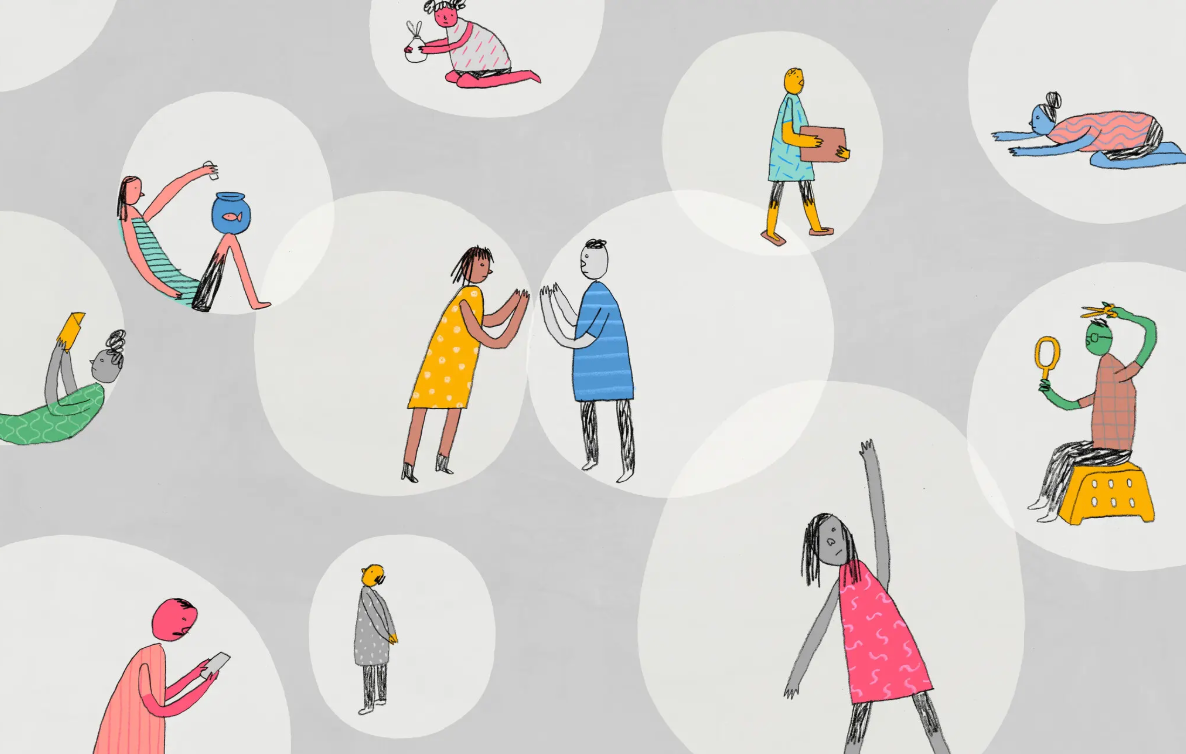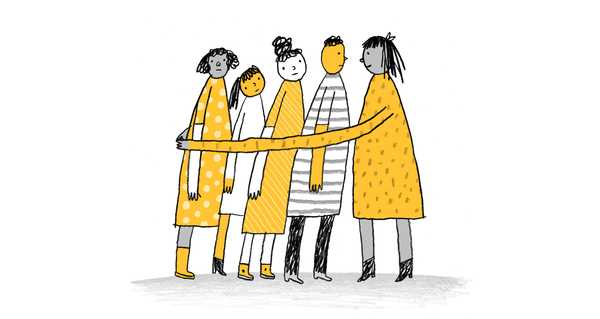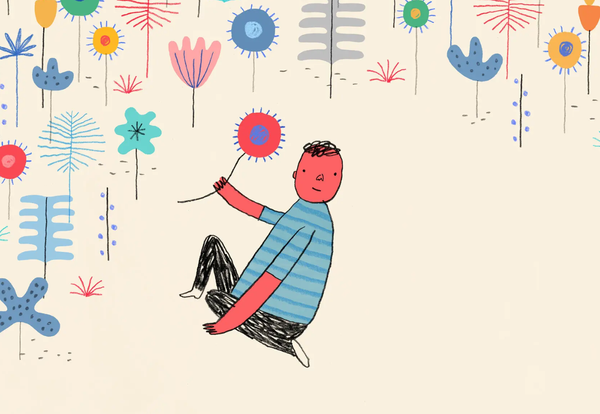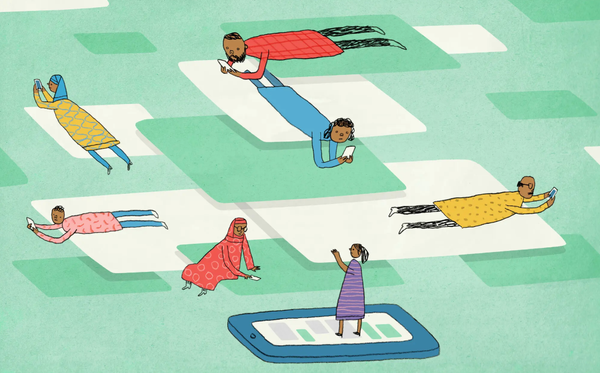I’m a Republican Living In a Deep Blue Area. This Is How I Stand Out From Others.

LOS ANGELES, CA.
The city of Los Angeles is one of the major economic hubs of the United States, known for its massive production, exports, diversity, and migration, especially compared to rural and predominantly conservative regions. As a conservative, the City of Angels represents my home and a place in my heart that stands out to me as much as my political stance.
I’m deeply grateful to be able to live in such a complex society, compared to rural, conservative America. While I may prefer the simplicity and political alignment of life in places like a small town in North Dakota, I choose to live in the Los Angeles for its massive job market, diverse and enriching education, and vibrant entertainment scene.
Some may question my decision to be a conservative in such a progressive and seemingly hostile city. Surrounded by leftists who have dominated the city for decades, one might wonder what impact I can make. But I believe that my presence and ideas can contribute to California's political landscape.
The main responsibility for the Republican opposition in California is to address the issues caused by the current leading administration of the government.
One well-known example is the city's “soft on crime” policies, implemented in the past few years. Despite ongoing controversy around racial, economic, and social class disparities, these policies have since failed to make a positive impact to crime in the state.
Fast forward to 2024, and crime has worsened. People's lives are at risk, media outlets are flooded with horrific stories, and my city turned from a utopia to a dystopian nightmare. Homelessness skyrocketed, drug abuse became decriminalized, trust among citizens has corroded, and the overall atmosphere of the city became unsafe.
We decided to step up.
The main responsibility for the Republican opposition in the state is to address the issues caused by the current leading administration of the government. A proposition was created with massive support: not just from conservatives, but innocent people caught in the middle, as well as liberals who recognized the need for a safer society, calling for the “soft on crime” initiative to be revoked.
Looking back, I know I was right to be standing on this side, the side that represented common sense, efficiency, and the law. But I accepted the fact that this was passed in a situation where it was common for Californians to believe that the criminal justice system was an unfair, racist system.
Proposition 36 demonstrates that there are still fundamental values that unite Californians. I discovered that it wasn’t hard to be communicating to the opposite side–the hard step was to really accept the thoughts brought out. It wasn’t impossible–for me, the best way was to find common ground.
For example, while discussing real estate and the economy with my left-leaning history teacher, I came to the agreement that large corporations are buying up houses and the government isn't doing enough to help the housing crisis. We disagreed on how to fix the real estate market, but we agreed that something needs to be done.
When talking with a friend, we disagreed about mass and illegal immigration. As a second generation immigrant myself, we agreed that mass deportations weren't a good solution, and that there was an inherent immorality to mass deportations in terms of human rights. We realized that before even discussing deportations, the visa system needs to be fixed to assess the needs of immigrants. The “Stay in Mexico” was just one valid solution that we reached common ground on.
Immigration, economics, civil rights, racial and social class could be issues that divide us. But perhaps what’s dividing us even more is a lack of acceptance across party lines, and an appreciation for political competition.




